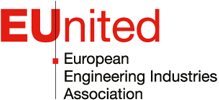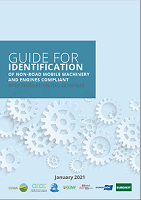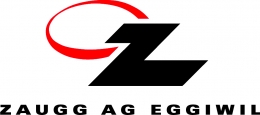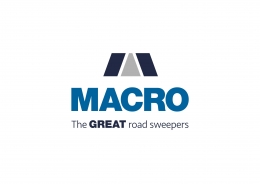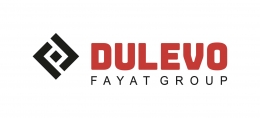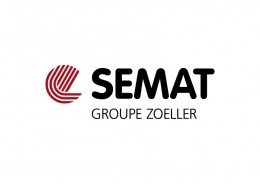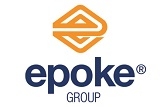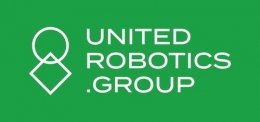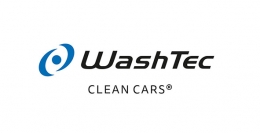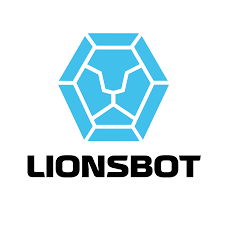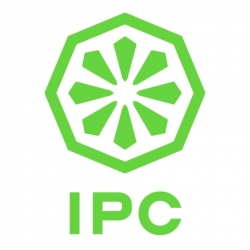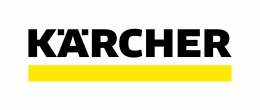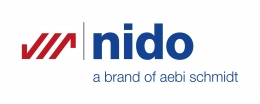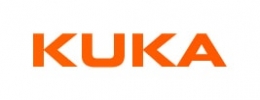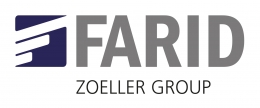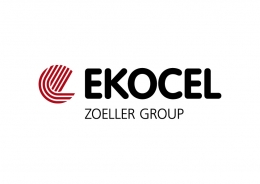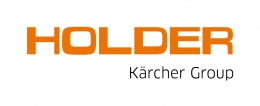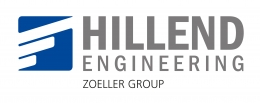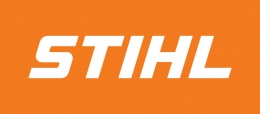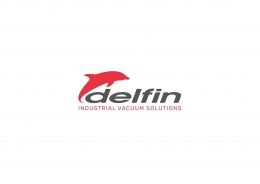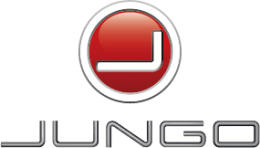
June 2017
European Commission's response to European Parliament's resolution on civil law rules on robotics
Three months after the EP's resolution, the EC has released its first official feedback. A response that exercises caution. There are very few definitive statements, e.g. being against a European Agency for Robotics and Artificial Intelligence. In large parts, the EC refers to running activities, such as: The Digital Single Market strategy; ongoing public consultations; and evaluations and revisions of existing regulations, like the Machinery Directive, the Medical Devices Directive and the Liability of Defective Products Directive. Moreover, the EC highlights its activities within the scope of SPARC.
The European Parliament's resolution on civil law rules on robotics (February 2016), recommends to the Commission a whole range of legislative and non-legislative initiatives in the field of robotics and artificial intelligence, e.g. research and innovation, ethical issues, a new European agency, intellectual property rights and the flow of data, standardisation, safety, autonomous means of transport, medical robots, liability - just to name a few.
Civil Law Liability
In the context of civil law liability, the EC mentions that the need for legal certainty as to the allocation of liability in the context of new technologies, such as the Internet of Things and autonomous systems powered by artificial intelligence has already been highlighted in the "Digital Single Market Strategy" (2015). The Commission has launched an evaluation of the Directive 85/374/EEC on Liability for Defective Products. The evaluation will assess to what extent the Directive applies to new technological developments (i.e. software, cloud computing, IoT, advanced robots, automated and autonomous systems). The complexity of new technological products trigger difficulties for determining who should be held liable and to what extent for damages arising in the context of an autonomous behaviour of a robot.
The EC notes that an insurance system for robotics needs to be well thought through.
Definition of robots, criteria, registration
In this context the EC mentions the necessity for more analysis to decide about suitable definitions and criteria, when it comes to their use for regulation purposes.
Subsequently, such a preliminary clarification would help identify technologies for which a comprehensive system of registration could be relevant (e.g. for drones) - and consequently for which not.
Testing
The EC points out that testing and experimentation is a key component of our Digitising European Industry strategy. The digital innovation hubs, for instance, will be particularly active in this respect. However, the Commission does not consider it necessary at this stage to impose uniform criteria for such testing.
The Commission is very active in funding the development of advanced unmanned aerial vehicles (UAV). Being able to clearly identify drones, e.g. through electronic number plates, is indeed an important issue.
Open standards, international harmonisation of technical standards
The Machinery Directive 2006/42/EC deals with the safety of robots and provides CE marking requirements for their placing on the EU market. The Directive is currently being evaluated in line with better regulation principles, for a possible revision also to adapt its health and safety requirements to autonomous robots and Artificial Intelligence, in the context of the Internet of Things and Industry 4.0.
Existing European harmonised standards for robots are based on international (ISO) specifications ensuring global accessibility while new standardization activities are being carried out for robots.
The SPARC programme also strongly supports standardisation, in close cooperation with the relevant committee in ISO.
Ethical, legal, societal and economic issues are also studied under the SPARC programme and it is in this framework that safety standards are being developed.
Health, medical sector and ethical issues
The Commission fully agrees that having stringent safety standards and proper ethical procedures in place for medical robotics is of the utmost importance. The robotics community is involved in developing standards for medical robotics within the framework of the SPARC programme.
Employment and education
There is a need to develop better instruments to track the effects of digitalisation on society and labour markets. To this end, the Commission will include research on the effect of digitalisation on society and the labour market and possible policy responses as part of Societal Challenge 6 in the Horizon 2020 Work Programme 2018-20.
The Commission acknowledges the development of robotics could help extending working lives by reducing the impact of arduous and menial work on career duration and thus help social security systems adapt to the challenge of society ageing. Indeed, robots are best at doing dull, dangerous and dirty jobs, and the use of robots can improve workers' health and safety.
The Commission will continue to follow the impact of technology-induced changes in the world of work on social security, and further examine how systems of social security can best be adapted to these changes.
Industrious Brussels EU District, Avenue des Arts 6-9, 1210 Brussels, Belgium, +32 490 57 57 65
Transparency Register number: 0289344948-82
